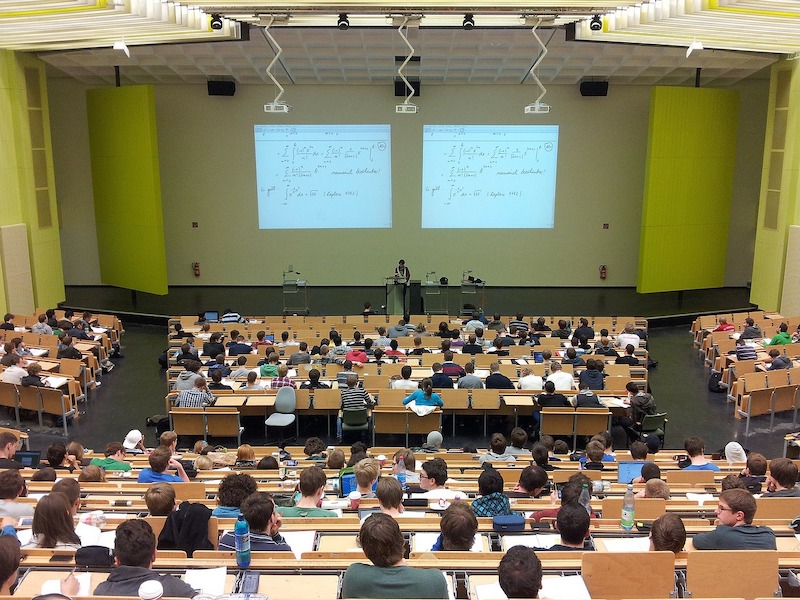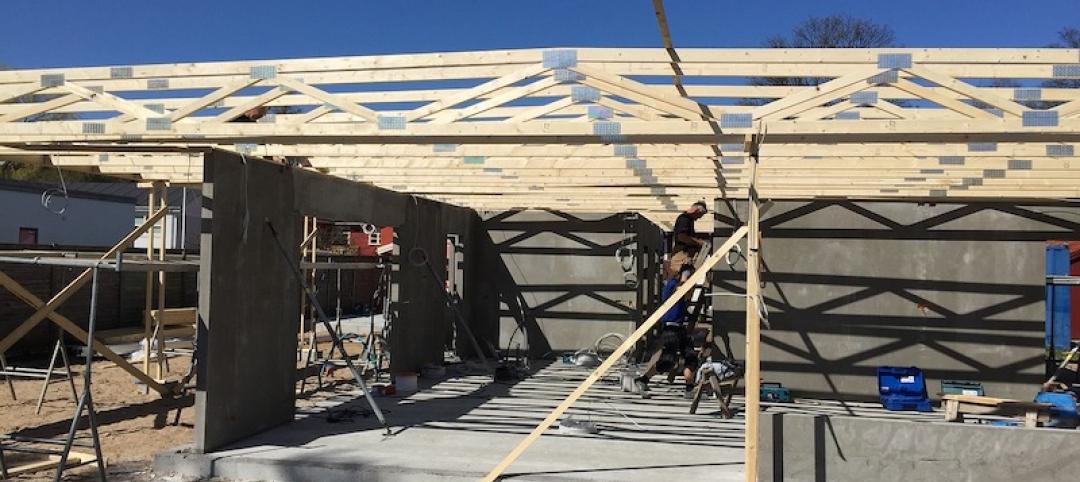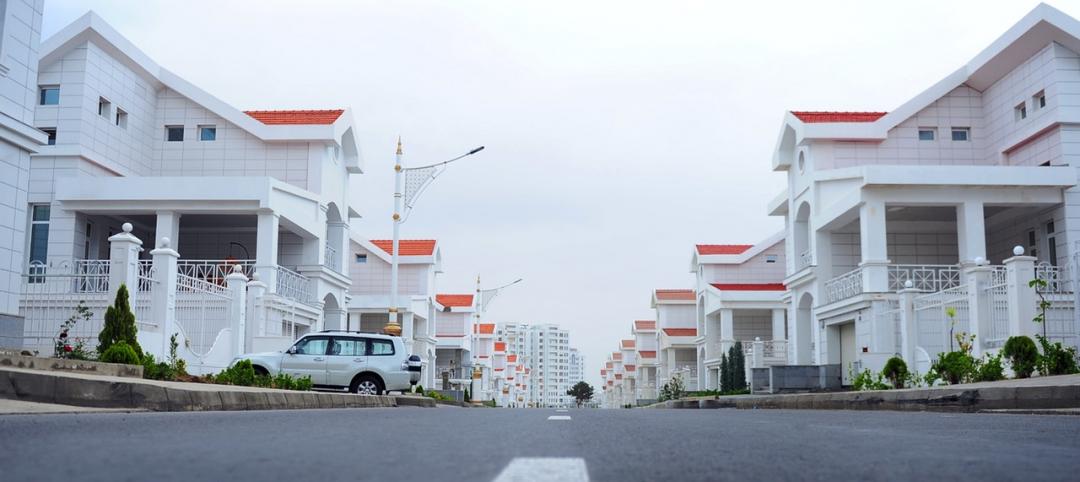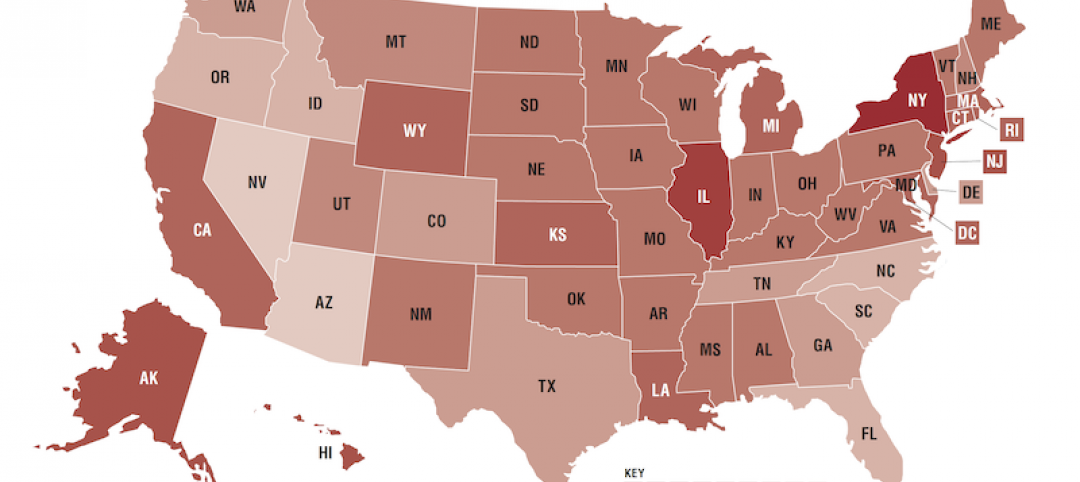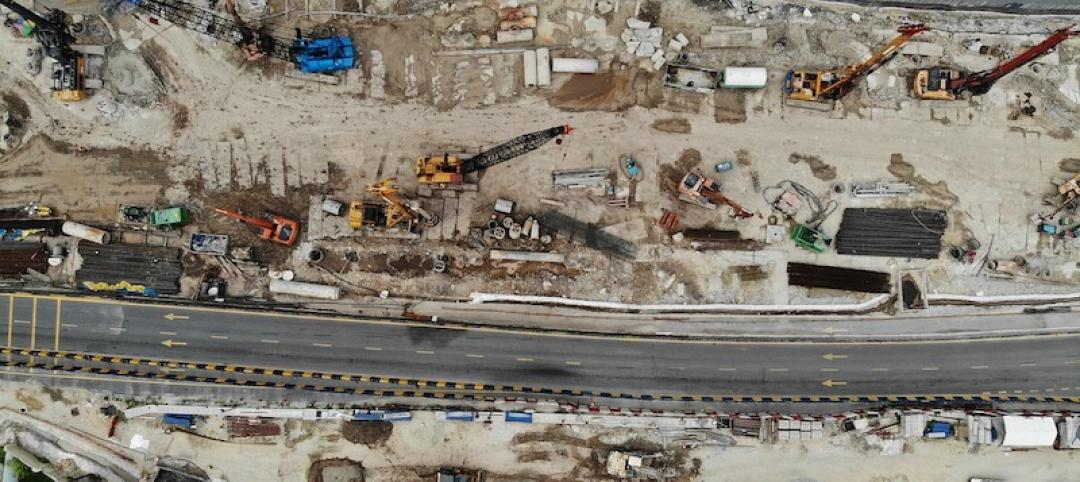A recent survey conducted by student housing developer, Core Spaces, of nearly 2,500 college students throughout the United States, reveals how Covid-19 has impacted them – including their mental state, sentiment about remote learning, personal and parents' finances and more. Core Spaces emailed the survey to student residents at 19 Core Spaces properties across 12 cities in 11 states. Responses were collected from June 2 to June 9.
“These important survey results speak to a wide range of ways the pandemic has impacted our young people,” explained Marc Lifshin, founder and chief executive officer of Core Spaces. “Their responses provide valuable insight into how college students are hurting and what they want. More than ever, it's crucial we do our best to make sure their housing is a welcoming and safe place.”
KEY FINDINGS:
Living preferences
Nearly 90% of respondents said they want to come back to campus when classes begin this fall.
72.5% of respondents would like to get back to their universities even if the schools continue online instruction in the fall.
Economic impact / confidence
More than three out of five (63.3%) respondents said the pandemic resulted in economic difficulties for themselves and their families in the following ways:
- Their summer job was canceled (57%)
- Their summer job hours or pay were reduced (32%)
- One of their parents lost his or her job (21%)
- One of their parents had hours or pay reduced (55%)
When it came to how students felt about their future job prospects due to the pandemic, nearly 20% were much less confident, and more than 40% were somewhat less confident. And 40% felt their job prospects were the same as before the pandemic.
Remote learning & studying
Nearly 60% of respondents said online classes had been a negative experience for them.
Nearly eight out of 10 said they feel they'd be more successful studying remotely in their apartments vs. their family’s homes.
Confidence with being safe back at school
90% of respondents were either "very confident" (46.6%) or "somewhat confident" (43.4%) that their universities would take appropriate and available measures to help protect them and other students from spreading the virus.
More than 85% of respondents were either "very confident" (41.6%) or "somewhat confident" (43.7%) that their student housing provider (Core Spaces) would take appropriate and available measures to help protect them and other student residents from spreading the virus.
Psychological impact
Since Covid-19’s onset, students said they had experienced the following:
- Sleep pattern has changed (76%)
- Feel more anxious or stressed (75%)
- Feel more depressed or worried (55.5%)
- Seen a professional for physical or mental health (12%)
Desire for vaccine
When asked how likely they are to want a vaccine if/when it is made available, 63% said very likely, 25.6% said somewhat likely, and 11.3% said not likely.
In total, there were 2,490 respondents from 19 Core Spaces properties in 12 cities and 11 states. The universities/cities, in order of the highest number of respondents, include University of South Carolina, Columbia (324); Penn State, University City, Penn. (304); *University of Florida, Gainesville (273); Michigan State University, East Lansing (231); University of Central Florida, Orlando (225); Purdue University, West Lafayette, Ind. (205); University of Alabama, Tuscaloosa (199 – three Core properties); *University of Arizona, Tucson (192); West Virginia University, Morgantown (144); University of Oklahoma, Norman (143); *University of Kentucky, Lexington (133); University of Mississippi, Oxford (116).
[*Represents two Core properties in the same city/campus.]
“There are so many unknowns around Covid-19," added Lifshin. “We, along with other student housing providers, need to do all we can to reduce the stress that students are feeling and increase their sense of comfort. We plan on offering a mindfulness and meditation program to our 15,000 residents starting late August – this same program had a positive impact on our own staff. We're also rolling out a wide variety of measures to consistently sanitize our buildings and continue to protect our residents.”
Related Stories
Market Data | Nov 14, 2019
Construction input prices unchanged in October
Nonresidential construction input prices fell 0.1% for the month and are down 2.0% compared to the same time last year.
Multifamily Housing | Nov 7, 2019
Multifamily construction market remains strong heading into 2020
Fewer than one in 10 AEC firms doing multifamily work reported a decrease in proposal activity in Q3 2019, according to a PSMJ report.
Market Data | Nov 5, 2019
Construction and real estate industry deals in September 2019 total $21.7bn globally
In terms of number of deals, the sector saw a drop of 4.4% over the last 12-month average.
Market Data | Nov 4, 2019
Nonresidential construction spending rebounds slightly in September
Private nonresidential spending fell 0.3% on a monthly basis and is down 5.7% compared to the same time last year.
Market Data | Nov 1, 2019
GDP growth expands despite reduction in nonresident investment
The annual rate for nonresidential fixed investment in structures declined 15.3% in the third quarter.
Market Data | Oct 24, 2019
Architecture Billings Index downturn moderates as challenging conditions continue
The Architecture Billings Index (ABI) score in September is 49.7.
Market Data | Oct 23, 2019
ABC’s Construction Backlog Indicator rebounds in August
The primary issue for most contractors is not a lack of demand, but an ongoing and worsening shortage of skilled workers available to meet contractual requirements.
Multifamily Housing | Oct 16, 2019
A new study wonders how many retiring adults will be able to afford housing
Harvard’s Joint Center for Housing Studies focuses on growing income disparities among people 50 or older.
Market Data | Oct 9, 2019
Two ULI reports foresee a solid real estate market through 2021
Market watchers, though, caution about a “surfeit” of investment creating a bubble.
Market Data | Oct 4, 2019
Global construction output growth will decline to 2.7% in 2019
It will be the slowest pace of growth in a decade, according to GlobalData.


